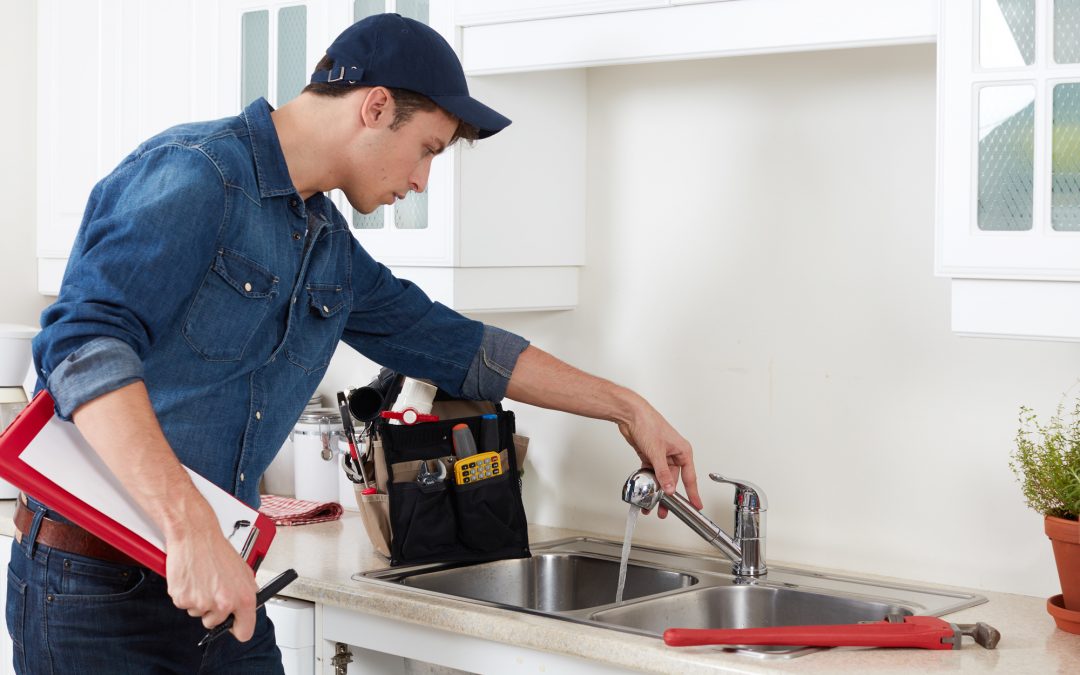Are you ready to purchase your dream home? Has your offer been accepted? Are you getting packed up to move in?
Not so fast!
While home inspections are not required, most lenders want to see one done before they will approve a home loan.
Many first time buyers may be wondering “what should I expect from my home inspection?”
Here are some common questions, and answers you may be looking for.
1. How Much Is a Home Inspection?
The cost of a home inspection will vary greatly depending upon the size of your home and the region. The average cost of a home inspection is around $324, but it can range anywhere ranging from $270-$480. The price can go much higher if a general inspection leads to the discovery of issues that require further inspection.
An inspection will cover the examination of various areas of your house. At the end of it, the inspector should present you with a detailed report listing problem areas that were found, including photos. These may include structural, electrical, or mechanical issues.
Traditionally, the buyer pays for a home inspection. If, however, you are still in the negotiating phase of your purchase, you may ask the seller to pay for the inspection as part of the deal. A seller may also include the price of the home inspection as part of the overall closing cost.
Spending the money on a certified home inspection can give you the assurance that the costs of living in your home won’t shoot up as soon as you move in. it is a necessary investment in your future.
2. What Does A Home Inspection Cover?
A standard home inspector’s report will cover a report on the condition of your home’s heating system, interior plumbing, and electrical system. Inspectors will check your water pressure by turning on multiple faucets, flushing toilets, and running the dishwasher at the same time. They may also examine the health of your septic system.
An inspection will take a look at your electrical panel and circuit breaker. They will make sure that all heating systems work efficiently.
The inspector should look at your roof, attic, and visible insulation. If there is evidence of black mold or mildew, they should let you know. They should examine your walls, ceilings, floors, windows, and doors.
The inspector will provide you with a written report of defects. Some of these will be minor, but others may be more significant.
3. What Kinds Of Problems Could Be Deal-Breakers?
Some problems could cause a major threat to the function and safety of a house. While they may not always send buyers packing, it is good to know the kinds of issues that you should take seriously.
Water in the basement, for example, could be a sign of structural damage, a leaky roof, or plumbing issues. If it gets overlooked, mold can form and create a potentially toxic environment.
Mold removal can cost tens of thousands of dollars in worst-case scenarios. In minor cases, the seller may be able to credit the buyer for repairs.
Another major issue is structural damage. Your inspector may be able to tell by cracks in basement walls, bouncy floors, or leaning stairs that your home’s structure is compromised. Structural engineers can correct the problem, but you will want to find out how much they would charge.
A damaged roof is also considered a big problem. It could lead to more extensive issues like leaks in the ceiling or pest infestation. Buyers can negotiate roof repairs into the price of a home.
Signs that your roof needs repair include missing shingles, cracks, or moisture in the attic ceiling.
Another major concern is insect or pest infestations. Termites can destroy your home’s wood, and they are quite expensive to get rid of. If an inspector finds pests during the inspection, the seller will need to get rid of them.
4. Can A House Fail A Home Inspection?
A professional home inspection is an honest examination of the condition of a house. It is not a municipal inspection, which verifies compliance with local code. It is also not an appraisal, which determines market value.
A house cannot, therefore, pass or fail an inspection. Your inspector will simply describe the condition of your house and describe which components need repair, and how much repair is required.
5. How Do I Find A Home Inspector?
A qualified home inspector will come recommended. Ask your family, friends, or real estate agent who they have worked with and trust.
Ask your home inspector for three references, and ask them about their experience. Were problems explained clearly to you? Were they professional and prompt?
Online reviews are a great way to find out whether or not a service is credible. Everyone gets a bad review once in a while. If, however, a lot of customers are saying the same thing, you have a good idea of what your experience will be like.
Verify that your inspector has any state-required licenses. You may also want to look for certification from a major professional organization. Inspection companies should also be insured.
Ask for sample reports and see if they are written clearly. You will want to be certain that work will be professional before you spend money on an inspection.
What Should I Expect From My Home Inspection?
If you are wondering “what should I expect from my home inspection?” start by thinking about the basic systems of the home you are planning to by. A great inspector can assure you that you are moving into a place where everything works properly and you can feel comfortable living.
For a quality home review, schedule an inspection today.

